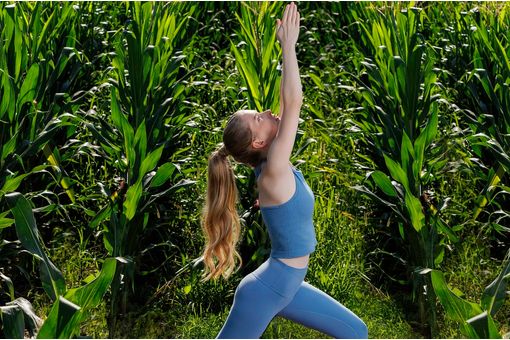Oeko-Tex launches new STeP certification
The result is the new OEKO-TEX certification called “Sustainable Textile Production (STeP)” which was officially presented at the presentation of the Sustainability Award in Frankfurt (Germany). It is now available to all interested companies.
Dr Jean-Pierre Haug presented the vision and the concept of the STeP certification to the guests at the event in a short information video. He then explained further details during an interview with presenter Ingolf Baur.
What is the difference between STeP and OEKO-TEX Standard 1000?
Haug explained that the OEKO-TEX Standard 1000 had been very closely connected with the product certification according to OEKO-TEX Standard 100. This will be different with STeP in the future.
Certification of a certain share of the produced goods to OEKO Standard 100 will no longer be a prerequisite for receiving the STeP certificate. The focus will rather be on successful operational activities in the individual company areas or certification modules. The web-based assessment of STeP also eliminates the need for application paperwork.
Another essential difference is the scoring system of the STeP certification. “Sustainability is a complex and multi-layered issue – particularly with regard to possible development and optimisation potentials. Unfortunately, the OEKO-TEX Standard 1000 no longer reflects this aspect adequately,” Haug says, pointing out one of the main reasons for the new STeP tool.
The criteria were updated regularly, but what was relevant for certification was whether the companies could meet these criteria or not. Haug continues, “The STeP scoring on the other hand allows us to certify all those excellent companies who have already implemented the majority of the set requirements, even if a small part may still be missing on the way to Best Practice.”
The great strength of STeP in this regard is that all company areas are analysed under the aspect of sustainability. On this basis the scoring clearly shows where improvements are necessary. “So STeP is not only more transparent,” the OEKO-TEX General Secretary sums up, “it also makes it easier to set benchmarks with regard to sustainable production and to compare production facilities when selecting suitable suppliers.”
Is STeP also intended as a product label?
“The answer to this a clear no,” says the OEKO-TEX General Secretary. “However, we are aware that consumers also want a label that provides reliable information about how a product was manufactured and whether it is harmless to health.
That is why we are currently also revising our third standard: the OEKO-TEX Standard 100plus which proves precisely this combination of sustainable production and verified product safety.” According to OEKO-TEX this label will be launched in one year at the latest.
How much does STeP certification cost?
Haug explains, “The financial expense for a STeP certification primarily depends on which in-house measures the companies have to implement for a successful assessment and audit.” If for example management systems for environment, health and safety, socially acceptable working conditions and quality assurance have already been established and third-party certificates are available, the costs will remain within reasonable limits. However, in any case each STeP certified company has to pay a license fee of 3,000 EUR which is valid for three years.
Oeko-Tex
































-Ltd..jpg?tr=w-120,h-60,c-at_max,cm-pad_resize,bg-ffffff)





.jpg?tr=w-120,h-60,c-at_max,cm-pad_resize,bg-ffffff)
.jpg?tr=w-120,h-60,c-at_max,cm-pad_resize,bg-ffffff)






